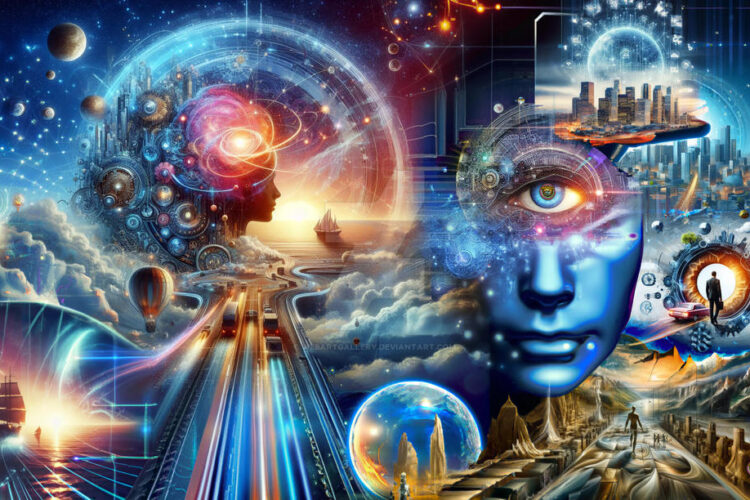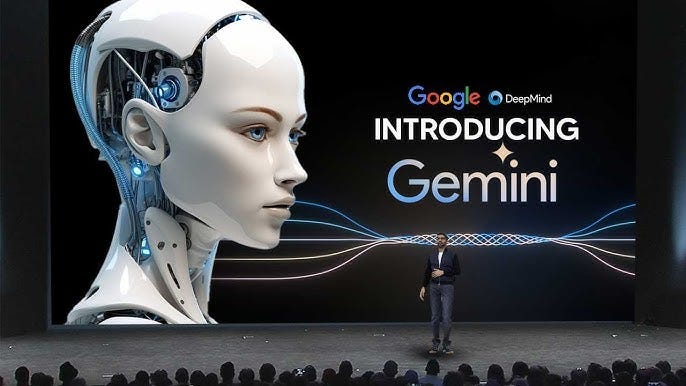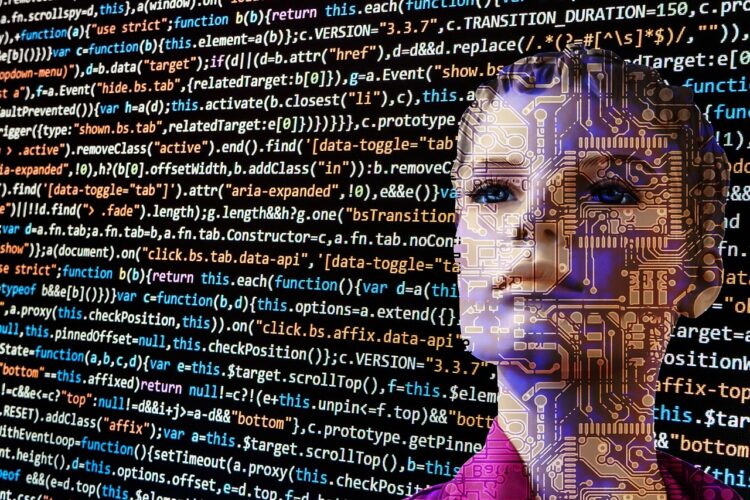
Will AI Take Over The World & Eliminate Jobs?
The quickest and shortest answer is – No, it will not. It simply cannot.
AI can never take charge of the world because to achieve this, the technology needs human-like intelligence and the ability to predict the future or plan ahead.
But as it stands, AI (Artificial Intelligence) is not capable of doing either.
So, relax, take a deep breath, and keep reading. 😊
The Present Standing of AI
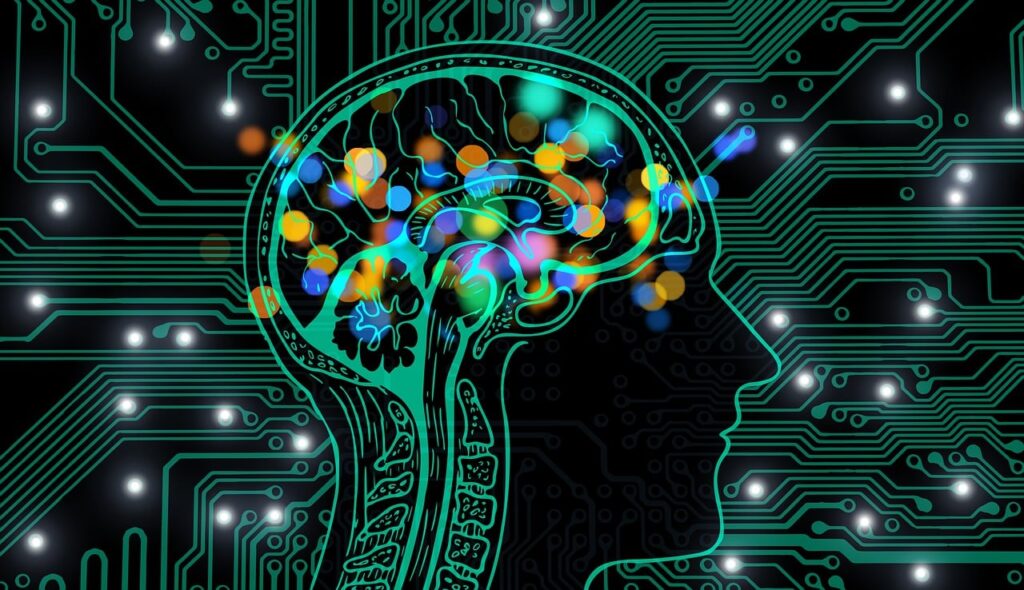
Coming straight out of science fiction, AI has become a real concern the world is grappling with. And that’s for obvious reasons.
AI has become more powerful than ever before. According to a recent survey conducted by New Vantage Partners, 92% of businesses say that AI has significantly improved their operations and helped drive increased return on investment (ROI).
In addition, technology has paved its way into our day-to-day lives through smartwatches, recommendation engines on streaming platforms, voice assistance, chatbots, and more.
AI has become a revolutionary tool in the workforce. It’s being incorporated in search engine algorithms, data analysis and processing, cyber security, music composition, and other fields, simplifying and speeding up complex processes. It can write, create impressive pictures, lift loads in factories, host news channels, and do many things that human beings are capable of.
It seems to be everywhere. Everyone seems to be talking about AI. It looks like AI has (or will) become smarter than human beings, day by day.
The major thing of concern is AI can do what human beings can do faster, with more accuracy, and at a reduced cost.
So, does this mean AI could replace humankind? Would it eat up jobs and leave people jobless?
Would AI Result in Mass Unemployment?
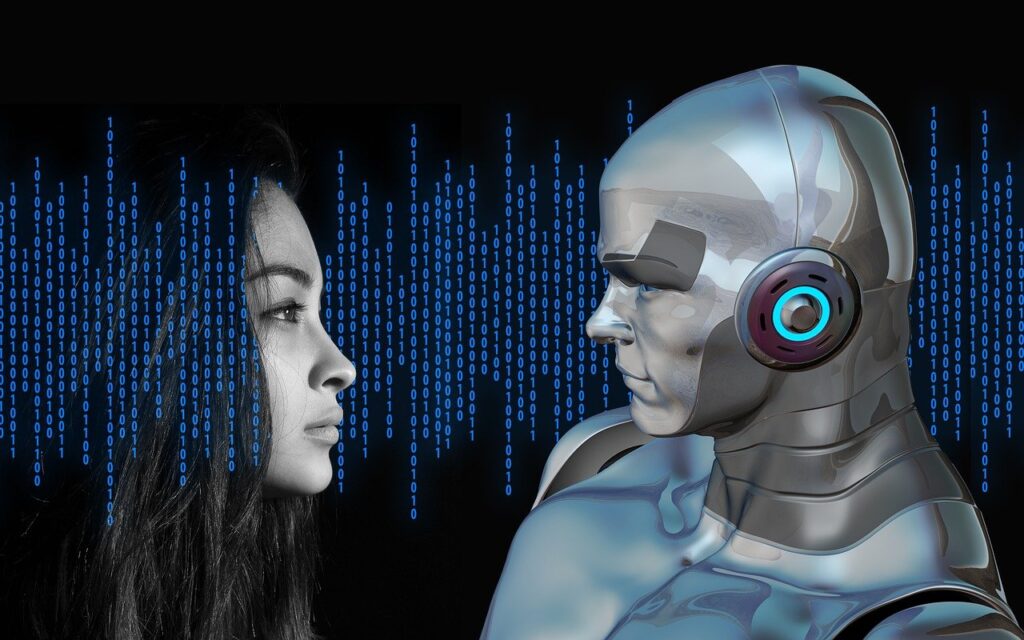
Again, no! Of course, technology may disrupt the employment industry for some time, bringing in millions of new opportunities shortly after that. And, to find out why and how, we need to trace back to history.
Although the Internet is flooded with scary statistics of job elimination caused by AI, history gives us so many reasons to be optimistic. Any new and groundbreaking technology has left people fearing for their jobs. But as technology evolved, it created many new professions.
Here’s an example: For most of the 20th century, typing was a decent and desirable job. As computers and the Internet grew in popularity, the demand for typists fell away. But at the same time, it resulted in a surprising demand for web developers, graphic designers, software programmers, data entry operators, copy editors, and many more. It created millions of jobs and resulted in better lives.
AI can also do the same! We need to figure out which industries and jobs will be most affected. As of now, it seems that blue- and white-collar office jobs will be highly affected. Industries like transportation, logistics, and manufacturing will switch to AI to automate repetitive manual tasks.
But AI is just a technology.
Like other technologies, AI also has limitations. Poor AI jobs and an imbalance between AI and human workers can result in dissatisfied customers, decreased revenue, and even business closures. In March 2023, a robot-themed restaurant – Robotazia – closed down due to steeply rising costs, recruitment and retention issues, and a decline in revenue.
In the field of healthcare, AI is limited in performing complex tasks that need proper hand-eye coordination. Such tasks need human capabilities, which AI can hardly mimic.
Similarly, customer service chatbots are inefficient in complex scenarios, which can result in service failures and unhappy customers. Chatbots lack empathy and emotional intelligence, which are vital for customer satisfaction and loyalty.
Let’s take a quick look at the limitations of AI:
Key Limitations of AI
- Lacks creativity and independent thought. AI systems are programmed to perform certain tasks. They cannot generate any new ideas on their own. They rely on human beings for new ideas.
- Lack of curiosity. AI systems cannot ask questions or seek new knowledge. They only process preprogrammed information fed to them.
- Lack of understanding: AI systems cannot understand complex and abstract concepts, making them inefficient for scientific advancement and discovery.
- Lack of soft skills. Soft skills like teamwork, critical and creative thinking, attention to detail, healthy communication, and impressive interpersonal skills are important for any brand.
To sum up, AI can complement human abilities and intelligence but cannot compete with it. These systems need humans to operate based on inputted data.
What’s Next?
Instead of picnicking or resisting the change, we need to embrace it and prepare for it. Of course, the disruption brought by AI is inevitable, but it’s not going to take over jobs entirely. The World Economic Forum claims that AI will create 97 million new job roles by 2025. It’s high time to start upskilling and be prepared for the world’s future.
So, next time you find someone threatened by AI, refer to this article and stay assured that humans will always lead the technology.

